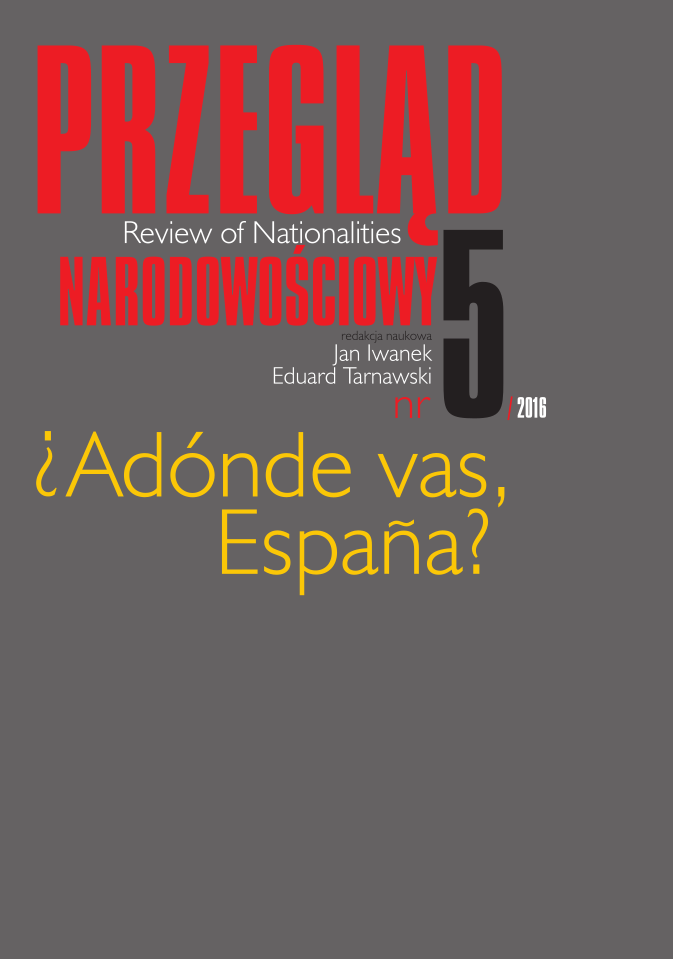Abstract
Despite the significant experiences of territorial autonomy of the province of Silesia in the Second Republic, in the current political system of Poland the extent of decentralization of the state is limited. The mainstream of political elites do not provide for changes in this area. Nevertheless, it is worth getting to know the experiences of Spain, which can be a positive or negative reference for a possible projection of a political change in Poland. Spain was the second country in Europe, which implemented a thorough reform of the system of government in 1979-1983. As the result 17 autonomous communities with their own political and legal regimes were created. The right to autonomy also had regions, even of the size of one province that did not have their own traditional ethnic separateness. This solution after more than 30 years perpetuated and regardless of the political plans of the separation of certain regions, is an important experience of a democratic and peaceful process of solving the problems of regional and local authorities. It is also, together with the experiences of Italy and the UK, a major research and political inspiration for the new European democracies. In the context of European integration and globalization, regionalization is of particular importance, and the development of regional and local parties, which, thanks to such a system are stimulated to action, determines the new face of modern democracy. Decentralization has become a constitutive feature of the concept of empirical democracy.

